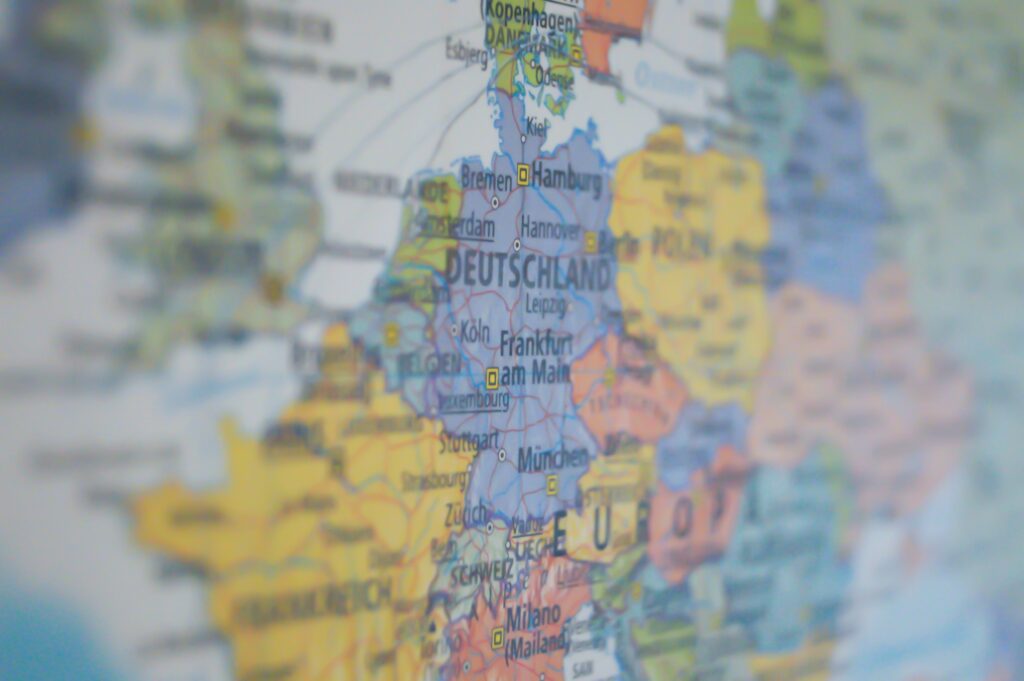Pollutants from farming, heating and vehicles exceed WHO and EU levels to ensure breathable air, data reveals.
Governments over Europe are failing to protect citizens from toxic air pollution, with most Europeans continuing to breath in the dirty air of their cities, according to data.
Pollutants from farming, domestic heating and vehicles are beyond the levels to ensure breathable air within the World Health Organisation’s guidelines, in spite of EU legislation, government pledges and campaigning.
Only four countries indicated that the level of fine particulate matter were below WHO guidelines, according to data released earlier this week by the European Environment Agency: Iceland, Ireland, Estonia, and Finland.
It is estimated that exposure to these levels of pollutants caused 417,000 deaths across Europe in 2018 alone.
‘Investing in better air quality is an investment for better health and productivity for all Europeans. Policies and actions that are consistent with Europe’s zero pollution ambition lead to longer and healthier lives and more resilient societies,’ commented Hans Bruyninckx, Executive Director of the EEA.
In spite of there being evidence of some improvements, they fall short of EU legislation and WHO guidelines. The EEA found 60,000 fewer premature deaths in 2018 than 2009 from fine particulate matter pollution.
The effect of the coronavirus lockdown may have also lead to health improvements due to less vehicle emissions, however further research is required to fully assess the impacts entirely. The EEA suggested that preliminary data indicated that as much as 60% of air pollution was reduced over the springtime.
Vehicle emissions have fallen, although not to the extent required, and power plant emissions have also reduced since Europe moved away from coal power. Cutting emissions from domestic heating has proved more challenging.
Green campaigners have called for governments to act urgently, including t Margherita Tolotto, the senior policy officer at the European Environmental Bureau representing campaign groups across the EU: ‘How many wake-up calls do government officials need to take on air pollution? Their delay is costing us our health and a safe environment. They know what needs to be done to improve air quality: cleaner energy and industrial production, greener and smarter transport, and sustainable farming.’
European governments have failed to meet EU targets, the EEA has concluded. EU rules specified that each member state should have submitted a plan for lowering air pollution within the safe limits in 2018. Yet, Italy’s plan is still being drafted, while Greece, Luxembourg and Romania have yet to submit anything.
Six member states, Bulgaria, Croatia, the Czech Republic, Italy, Poland and Romania, breached the EU’s limits for fine particulate matter (PM2.5) in 2018. In the same year, 54,000 premature deaths were estimated to have been caused by nitrogen dioxide (NO2), and 19,000 from ground level ozone. This data includes the UK, which was still a member state at this time.
The EU’s environment commissioner, Virginijus Sinkevičius, stated that evidence of progress could be seen but called on member states to be more proactive.
‘The number of premature deaths due to air pollution is still far too high. With the European Green Deal, we have to set ourselves an ambition of reducing all kinds of pollution to zero,’ Sinkevičius commented.
‘If we are to succeed and fully protect people’s health and the environment, we need to cut air pollution further and align our air quality standards more closely with the recommendations of the WHO.’
UK government has pledged to introduce new guidelines on air pollution, replacing its EU targets, under the environmental bill. After a long delay, this is currently undergoing the committee stage in parliament. This means that any new targets will not be set until late 2022 at the earliest.
Over several years, courts cases have found UK government to have breached EU air pollution limits. Ministers were ordered by supreme court judges to produce plans for reducing air pollution to meet targets.




